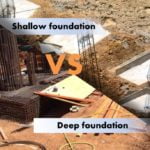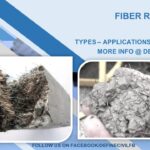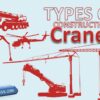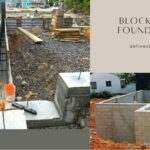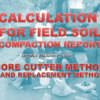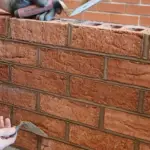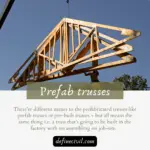Hempcrete Blocks are basically made with the help of two ingredients i.e. lime as binding agent or binder mixed with the core of hemp plant.
After decades of modernization, advancement and innovation in science and particularly in construction engineering, the humans have realized that they had moved far away from nature resulting in so many complications and glitches to their lives consequently the future of their younger generations is at stack.
There is a word in science called entropy as per which everything in our environment was naturally in equilibrium. So whatever is being done by humans is damaging that equilibrium and resultantly a substantial disturbance had been enduringly spoiled our habitat.
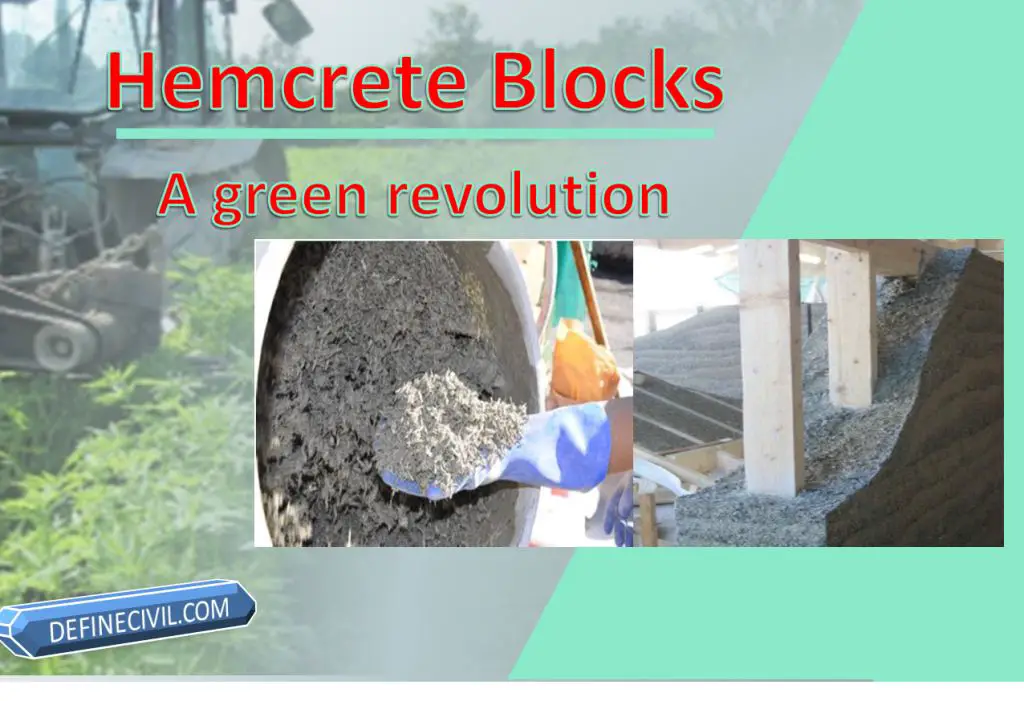
Background
In recent times, words like sustainable construction, green buildings, energy efficient houses, recycled materials, CO2 emission criterions for buildings and many others; have struck the booming construction industry.
Today I’m going to share with you my research about a revived construction material that had been reborn now and is considered as the answer of so many questions being asked by environmentalists in terms of preserving the ecology of our environment.
Few years back, in France a bridge abutment of 6th century was being exploited. Therein a light weight construction material was rediscovered as being survivor of 14 centuries. Since that rediscovery it had struck the construction mentors and peers and now we are seeing it as a booming industry in Europe. They called that material as hempcrete.
What is Hempcrete Blocks?
Hempcrete is basically made with the help of two ingredients i.e. lime as binding agent or binder mixed with the core of hemp plant. The core of the hemp plate has high silica content and can thus bind with the hydraulic lime. The result is a lightweight cementitious insulating material weighing about a seventh or an eighth of the weight of concrete.
Hemp used associated with lime to produce panels, bricks, blocks, insulation systems and plasters is achieving raising consensus in eco-construction world.
Among the plant fibres used as building materials, hemp boasts several advantages both for its specific characteristics, especially from an environmental point of view, and for its potential contribution to local economics.
Projected in the future of green building, processed hempcrete blocks stands out for its important ecological and economic characteristics. In particular this material bears the following exceptional performances.
Advantages of using Hempcrete Blocks
- Hempcrete blocks have excellent heat and sound insulation index.
- It is lightweight, fire resistant and preserves a high level of breathability.
- It is resistant against mold as it is moisture absorbent (one square meter of hemp wall absorbs up to 14 liters of water, which can be released into the ground and/or be collected and recycled).
- It is microbe and insect resistant.
- It is carbon synthesizer and tackles pollution by reducing CO2 emissions during the costruction process and ensures a healthy house living;
- It is 100% recyclable at the end of its life cycle and is totally biodegradable;
- It is economic; adding to its insulating property which heavily contributes to energy saving, a hemp based building can cost up to 20% less compared to those built with current techniques.
Due to the above mentioned characteristics, hemp reveals itself as an innovative solution in the building sector and as an insulation system. Once overcomed its cultivation and use prohibitions, hemp (Cannabis Sativa) is expanding its application in many countries through the consolidation of its use in the process of creating new materials implied to construct new houses, ecologically renovate and revamp existing infrastructures, thermally and acoustically isolate buildings, and create green buildings.
In order to do so, hemp is normally associated with lime to produce building blocks, which once dried become very light and durable.
Experimental buildings in wood structure and walls built with prefabricated bricks and blocks bio-composed in hemp and lime are multiplying and, mortars, plasters and insulation systems are being experienced.
To produce these building materials both the woody and green parts of the plant can be used hence ensuring the sustainability of the products.
As a result of this process, increasingly competitive new hemp-based products are being created to the extent that in England, where these materials are widely used for social housing, Limetechnology company was recently awarded with the 2014 Asden prize for its hemp building blocks.
Future of Hempcrete Blocks
The extensive literature on the use of hempcrete blocks for green building demonstrates the success of this innovative system and provides with relevant information on technology centers and specialized agencies active in this field as well as presenting ideas as future possible building projects for a sustainable territorial development.

